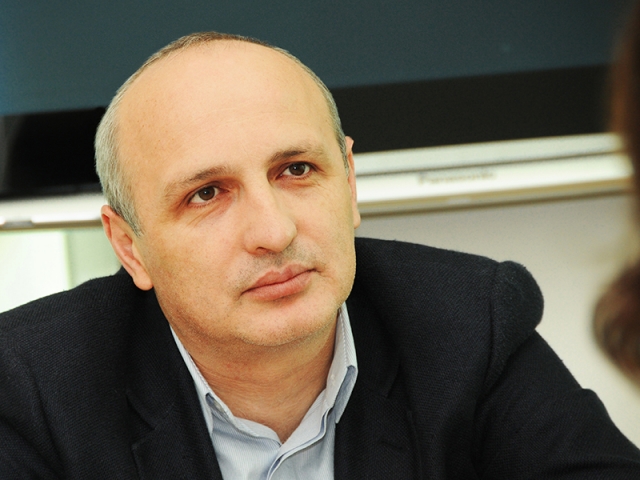Georgian Gov't Pays €4,000 to Imprisoned Ex-PM Merabishvil
Following the verdict of the Grand Chamber of the European Court for Human Rights (ECHR) on Georgia’s Ex-Prime Minister Ivane Merabishvili, who is in prison on several charges, the Government of Georgia has paid €4,000 to the former PM and the Minister of Internal Affairs for non-pecuniary damage.
According to the ECHR report, the Government of Georgia paid the money on February 22 as it had three months to enforce the court’s decision, made in November, 2017.
The Grand Chamber also found that the government had breached Article 18 of the European Convention on Human Rights when arresting Merabishvili.
Ivane Merabishvili served as PM and Interior Minister of Georgia under the previous United National Movement (UNM) government, when Mikheil Saakashvili was President. He was arrested in May 2013 after the current ruling Georgian Dream (GD) coalition won the 2012 parliamentary elections.
Georgian opposition parties claim Ivanishvili’s arrest was politically motivated. They also urge the Georgian government to release the ex-PM.
In February 2014, a Georgian court found Merabishvili guilty on the charge of exceeding his official power, and he was subsequently sentenced to four years and six months in prison.
Ivanishvili claimed he was innocent, adding his pre-trial detention was politically motivated as he was appointed Secretary General of the UNM after the 2012 parliamentary elections, and intended to participate in the 2013 presidential elections also.
The defendant filed a lawsuit with the ECHR, which in June 2016 ruled out that Merabishvili’s pre-trial detention was lawful, and based on reasonable grounds decided that Georgia was to pay Merabishvili €4,000 in respect of non-pecuniary damage and €8,000 for costs and expenses.
The decision of compensation was later appealed by the Georgian side, but the Grand Chamber upheld the decision of the ECHR, made in June last year. The ECHR said that Merabishvili’s pre-trial detention had not principally been meant to remove him from Georgia’s political scene. However, the Court concluded that the predominant purpose of that restriction had changed over time.
By Thea Morrison












